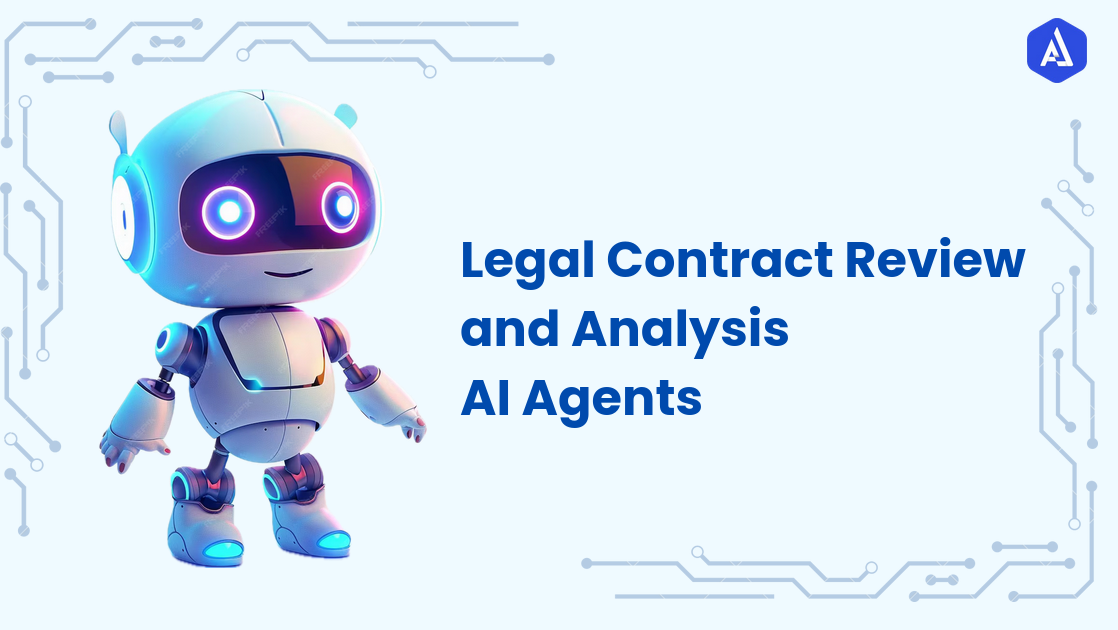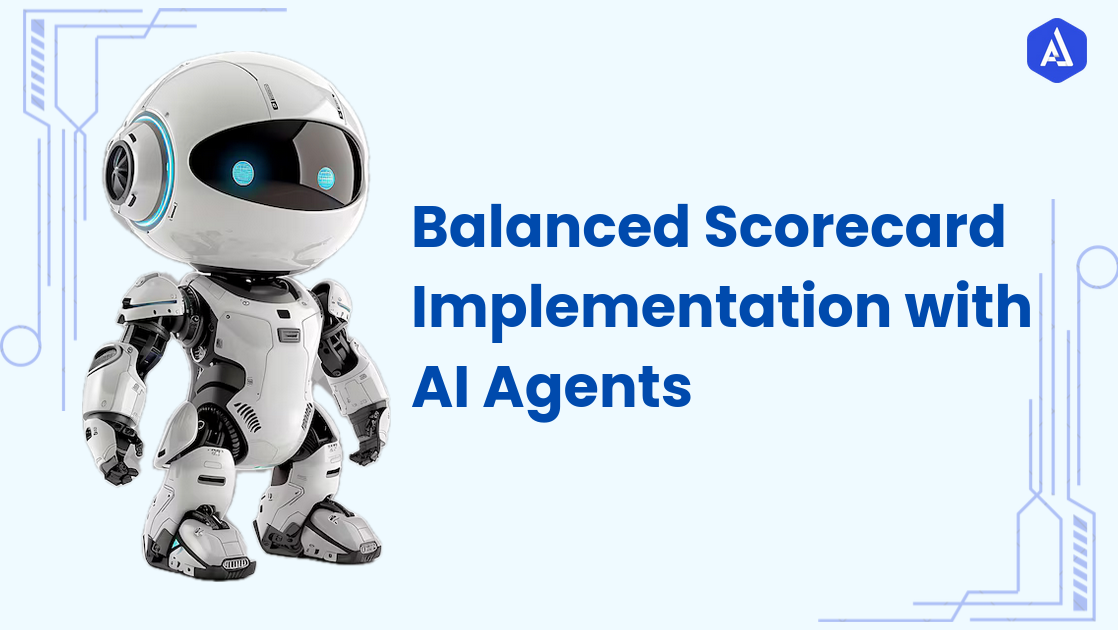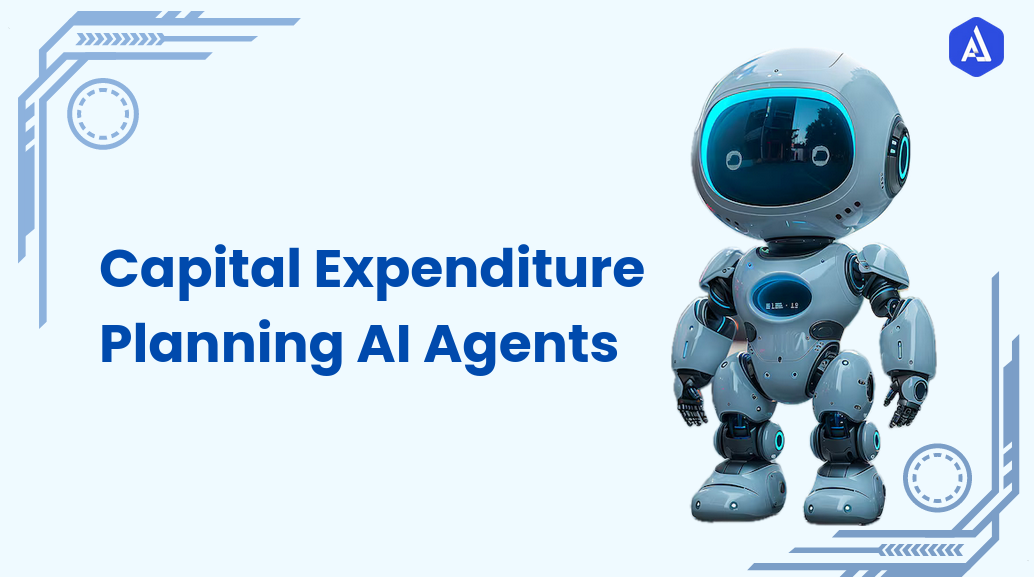Introduction
AI Agents are cutting-edge digital assistants designed to streamline processes, enhance user interactions, and drive efficiency in various applications. By leveraging artificial intelligence and machine learning, these agents provide timely, personalized responses and automate routine tasks, transforming how businesses operate.
About the Make
The Make Platform is the foundational environment that integrates AI agents into various business processes. The platform is designed to optimize AI functionality and enhance user experiences through its seamless integration capabilities and robust features. It acts as a powerful tool that connects businesses with advanced AI solutions, empowering teams to leverage automation and data-driven insights.
Key features of the Make Platform include:
-
AI Agent Integration: The platform easily integrates AI agents into existing software and systems, optimizing workflows and making complex processes more efficient without the need for extensive system overhauls.
-
Scalability: The Make Platform is designed to scale with your business, handling increasing volumes of data and user interactions while maintaining high performance. This ensures that AI solutions grow with your organization, making them adaptable for businesses of all sizes.
-
Real-Time Data Processing: By utilizing the platform’s real-time data analysis capabilities, AI agents can offer immediate, actionable insights. This ensures businesses can react quickly to changes, make informed decisions, and stay ahead of market trends.
-
Automation and Streamlined Workflows: The Make Platform enables the automation of repetitive tasks, streamlining complex workflows and freeing up valuable human resources to focus on high-value activities.
-
Seamless System Integration: The platform integrates smoothly with existing enterprise systems, such as customer relationship management (CRM), enterprise resource planning (ERP), and other third-party tools, enabling smooth communication and data exchange between various systems.
-
Customizability: The Make Platform allows businesses to tailor AI agents to their specific needs and objectives. Whether it’s adjusting the scope of automation or refining the AI’s decision-making processes, the platform offers flexibility to meet diverse business requirements.
The Make Platform enables organizations to seamlessly integrate AI technology into their day-to-day operations, making it a key enabler of digital transformation.
About the Make AI Agent
AI Agents are designed with advanced features that enhance their functionality within software environments. Key characteristics include:
-
User-Centric Design: The design of AI Agents focuses on improving user interactions through intuitive interfaces that adapt to user preferences and behaviours, providing a personalized experience.
-
Adaptive Learning: AI Agents continuously learn from user interactions and data inputs, refining their responses and improving their effectiveness over time.
-
Context Awareness: By understanding the context of user queries, AI Agents can deliver relevant and accurate responses, thus enhancing the quality of interactions.
-
Scalability: These agents can manage increasing volumes of data and user interactions without compromising performance, making them suitable for organizations of all sizes.
-
Integration Support: AI Agents integrate easily with existing systems and software, improving overall functionality and eliminating the need for extensive overhauls.
These features enable AI Agents to support various organizational needs effectively, from enhancing customer service to streamlining internal operations.
Use Cases
AI Agents can be utilized in numerous scenarios, showcasing their versatility and effectiveness across different sectors:
-
Customer Support: AI Agents handle common inquiries automatically, significantly reducing wait times and enhancing customer satisfaction. For instance, an AI Agent can manage FAQs, allowing human agents to focus on complex issues.
-
Sales Assistance: These agents provide real-time insights and recommendations to sales teams, helping them close deals faster. For example, an AI Agent can analyze customer behaviour and suggest personalized upsells based on previous interactions.
-
Market Research: AI Agents analyze consumer feedback and trends to inform product development and marketing strategies, enabling organizations to stay ahead of market demands.
-
Human Resources: In HR, AI Agents streamline recruitment processes by screening applications, scheduling interviews, and answering candidate queries, improving the overall hiring experience.
-
IT Support: AI Agents assist in troubleshooting technical issues, providing quick solutions to common problems. This reduces the workload on IT teams and enhances user productivity.
-
E-commerce: AI Agents manage order inquiries, track shipments, and assist with returns, ensuring a seamless shopping experience for customers.
-
Healthcare: In healthcare settings, AI Agents help patients schedule appointments, provide symptom assessments, and manage follow-up reminders, improving patient engagement and care.
These diverse use cases highlight AI agents' broad applicability, illustrating their potential to enhance efficiency and decision-making across various sectors.
Benefits and Values
Integrating AI Agents into organizational processes offers numerous advantages that can transform operations:
-
Increased Efficiency: Automating routine tasks allows employees to focus on strategic initiatives, thus enhancing overall productivity. This efficiency enables businesses to respond swiftly to market changes and customer demands.
-
Cost Savings: By reducing the reliance on extensive manual labor, organizations can lower operational costs. The long-term savings on labour and improved process efficiency can significantly impact the bottom line.
-
Improved Accuracy: AI Agents minimize human error in data analysis and customer interactions, ensuring that responses and decisions are based on accurate information.
-
Enhanced User Experience: Providing personalized and timely responses improves overall satisfaction, leading to higher customer retention rates and increased brand loyalty.
-
Scalability: AI Agents easily adapt to growing user demands, allowing organizations to scale operations without compromising service quality.
-
Data-Driven Insights: By analyzing user interactions and outcomes, AI Agents provide valuable insights that inform strategic decisions and improve overall business performance.
These benefits contribute to a streamlined, effective organizational operation, driving better results and user engagement.
Usability
To effectively utilize AI Agents, organizations should follow these guidelines to maximize their impact:
-
Setup:
-
Integration: Connect AI Agents with existing software systems, ensuring smooth operation and data flow between platforms.
-
Configuration: Customize settings to align with organizational goals and user needs, ensuring the agent meets specific operational requirements.
-
-
Operation:
-
Performance Monitoring: Regularly track agent performance and user satisfaction metrics to identify areas for improvement.
-
Knowledge Management: Maintain an updated knowledge base to ensure accurate and relevant responses, allowing the AI to evolve with changing business needs.
-
-
Troubleshooting Tips:
-
Common Issues: Familiarize users with potential issues and provide clear troubleshooting steps to ensure a smooth user experience.
-
Feedback Collection: Implement a feedback loop to gather user input for ongoing improvements and refinements.
-
Training: Regularly update AI Agents to incorporate new data, features, and insights, ensuring they remain relevant and effective in meeting user needs.
-
User Education: Provide training sessions for users to understand how to best interact with AI Agents, maximizing their effectiveness in various scenarios.
-
By following these steps, organizations can maximize the impact of AI Agents, ensuring they effectively meet user needs and enhance overall performance.
This proactive approach to usability not only enhances the agent's capabilities but also fosters a positive user experience, paving the way for successful adoption and long-term benefits.


